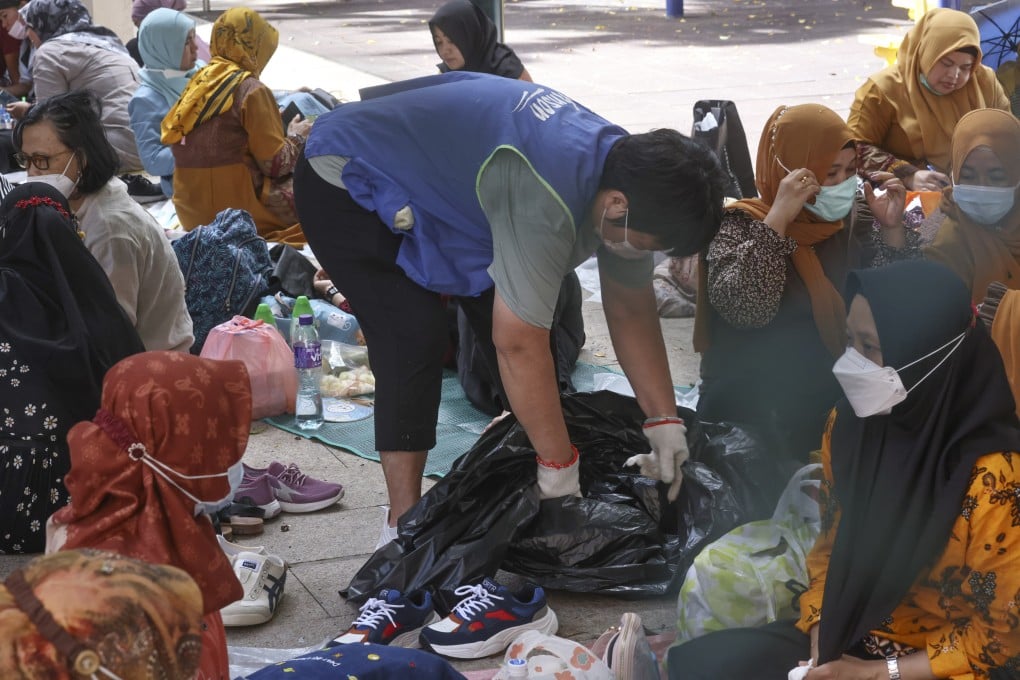Advertisement
Opinion | Health of Hong Kong’s poor is in the hands of the whole of society, not just the healthcare sector
- Marked health inequalities exist in wealthy Hong Kong, and government intervention alone is not enough to address them
- Civil society and businesses play a major role in the improvement of living and working conditions, thereby minimising illness and injury
Reading Time:3 minutes
Why you can trust SCMP

The Covid-19 pandemic has exposed the plight of the underprivileged in society. Imagine the life of a typical grass-root person in Hong Kong – for example, a contract cleaner working nine to 12 hours a day, six days a week, and earning just above the statutory minimum wage of HK$37.50 (US$8) per hour.
They can hardly afford any time for exercise or the money for a gym membership. The weather can be unforgiving – summer days are scorching, but those working outdoors may not have adequate access to basic amenities such as running water and shelter to rest and cool down. This is not to mention occupational hazards like falls and injuries.
It is therefore not surprising that the socially disadvantaged among us have worse health than others. Although Hong Kong is proud to have the world’s longest life expectancy, it does not necessarily mean all of its people are living healthy lives.
Advertisement
As shown in the recent Health Equity Report by Chinese University’s Institute of Health Equity, marked health inequalities exist in Hong Kong. Two of the findings are that chronic diseases are more prevalent among those with lower income; and those living in poorer neighbourhoods have a higher chance of death.
Many tend to think that health is about individual behaviour. But, very often, health choices are not free choices. It is the resources we have available, not our free will, that dictates whether we can afford healthcare for our children, the environment in which we work, the air we breathe in our neighbourhood, and the people from whom we seek health advice.
Advertisement
Some of the most advanced medical interventions would be of little use if a person is living in poverty or in cramped subdivided flats. These factors are collectively known as the social determinants of health, and they account for 30-55 per cent of our health outcomes, according to the World Health Organization.
Advertisement
Select Voice
Select Speed
1.00x
.jpg?itok=x0VyVnpg&v=1655360011)